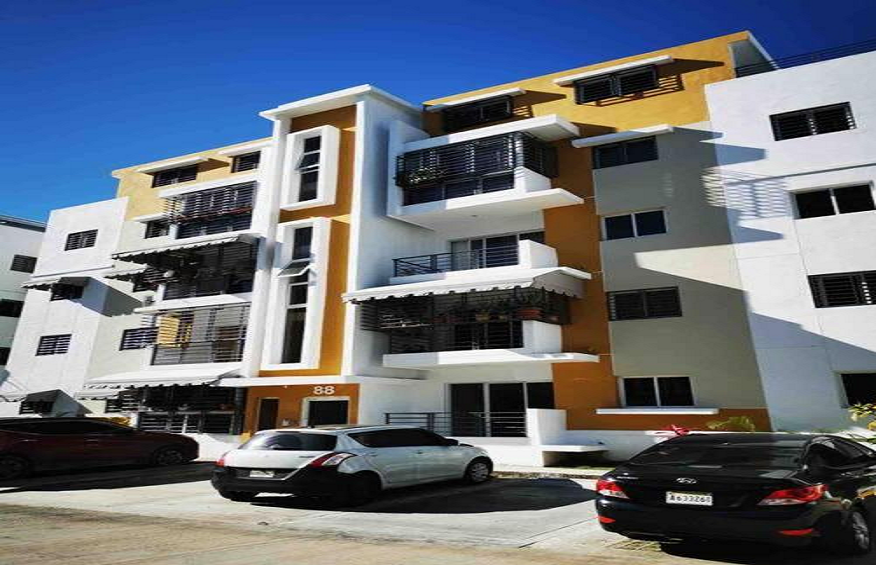Investing in rental properties can be rewarding, but financing them can be tricky. Traditional mortgages often focus on your personal income, tax returns, and credit history, which can make it challenging for investors who own multiple properties or have non-traditional income. A DSCR loan, or Debt Service Coverage Ratio loan, offers a smarter way to secure funding by focusing on the property’s income rather than your personal finances.
Step 1: Understanding DSCR
The Debt Service Coverage Ratio (DSCR) is the key factor lenders use to approve these loans. It measures whether a property generates enough income to cover its debt obligations.
DSCR Formula:
DSCR=NetOperatingIncome(NOI)AnnualDebtServiceDSCR = \frac{Net Operating Income (NOI)}{Annual Debt Service}DSCR=AnnualDebtServiceNetOperatingIncome(NOI)
- Net Operating Income (NOI): Total rental income minus operating expenses
- Annual Debt Service: Yearly mortgage payments including principal and interest
For instance, if a property earns $120,000 in NOI and the annual debt payment is $96,000, the DSCR is 1.25. A ratio above 1.0 indicates the property generates sufficient income to cover the loan, which is what lenders want to see.
Step 2: Who Can Benefit from DSCR Loans
DSCR loans are ideal for investors who may not qualify for traditional financing:
- Self-employed individuals
- Investors with multiple rental properties
- Short-term rental operators (Airbnb, Vrbo, etc.)
- Buyers using an LLC or corporation to purchase property
These loans allow investors to qualify based on the property’s performance rather than personal income documentation.
Step 3: Benefits of DSCR Loans
- No Personal Income Verification
You don’t need W-2s or tax returns to qualify.
- Faster Loan Approval
Since lenders focus on rental income, underwriting is quicker.
- Portfolio Growth
Approval is based on the property, allowing investors to acquire multiple properties efficiently.
- Entity-Friendly
DSCR loans often allow purchases under LLCs or corporations, providing liability protection and tax advantages.
- Flexibility for Property Types
Single-family homes, multi-family units, and short-term rentals are usually eligible.
Step 4: Typical DSCR Loan Requirements
Even though DSCR loans are flexible, lenders typically require:
- Minimum DSCR Ratio: Usually 1.2 or higher
- Down Payment: Typically 20–25%
- Credit Score: Usually 660 or higher
- Property Condition: Must be income-producing and ready to rent
- Loan-to-Value (LTV): Typically capped at 75–80%
Step 5: How DSCR Loans Work – Example
Suppose you buy a four-unit rental property:
- Monthly rent: $10,000
- Monthly operating expenses: $3,000
- Annual NOI: $84,000
- Annual debt payment: $70,000
DSCR=84,00070,000=1.2DSCR = \frac{84,000}{70,000} = 1.2DSCR=70,00084,000=1.2
A DSCR of 1.2 shows the property generates enough income to cover debt payments, making it eligible for a DSCR loan.
Step 6: DSCR Loans vs Conventional Mortgages
| Feature | Conventional Mortgage | DSCR Loan |
| Approval Basis | Borrower’s income & DTI | Property rental income |
| Documentation Required | W-2s, tax returns, pay stubs | Lease agreements, NOI |
| Approval Speed | Weeks to months | Faster, simplified |
| Ownership Options | Personal name only | LLCs or corporations allowed |
| Best Suited For | Homeowners | Real estate investors |
Step 7: Risks and Considerations
While DSCR loans are flexible, investors should keep in mind:
- Interest Rates: Can be slightly higher than conventional loans
- Vacancy or Income Risk: If rental income drops, DSCR may fall below lender requirements
- Minimum DSCR Requirement: Properties must meet lender thresholds
Maintaining cash reserves and planning for potential vacancies can help mitigate risks.
Step 8: Who Should Consider DSCR Loans
- Real estate investors expanding rental portfolios
- Self-employed borrowers or those with irregular income
- Short-term rental operators
- Entrepreneurs separating personal and business finances
DSCR loans provide an accessible way to finance income-producing properties when conventional mortgages may not be feasible.
Conclusion
Debt Service Coverage Ratio loans focus on the property’s performance rather than the borrower’s personal income, making them a practical financing option for real estate investors. DSCR loans allow investors to scale portfolios, finance multiple properties, and make strategic investment decisions based on rental income.
For investors looking for flexibility, speed, and efficiency in property financing, DSCR loans offer a solution that simplifies approvals and enables long-term growth.





